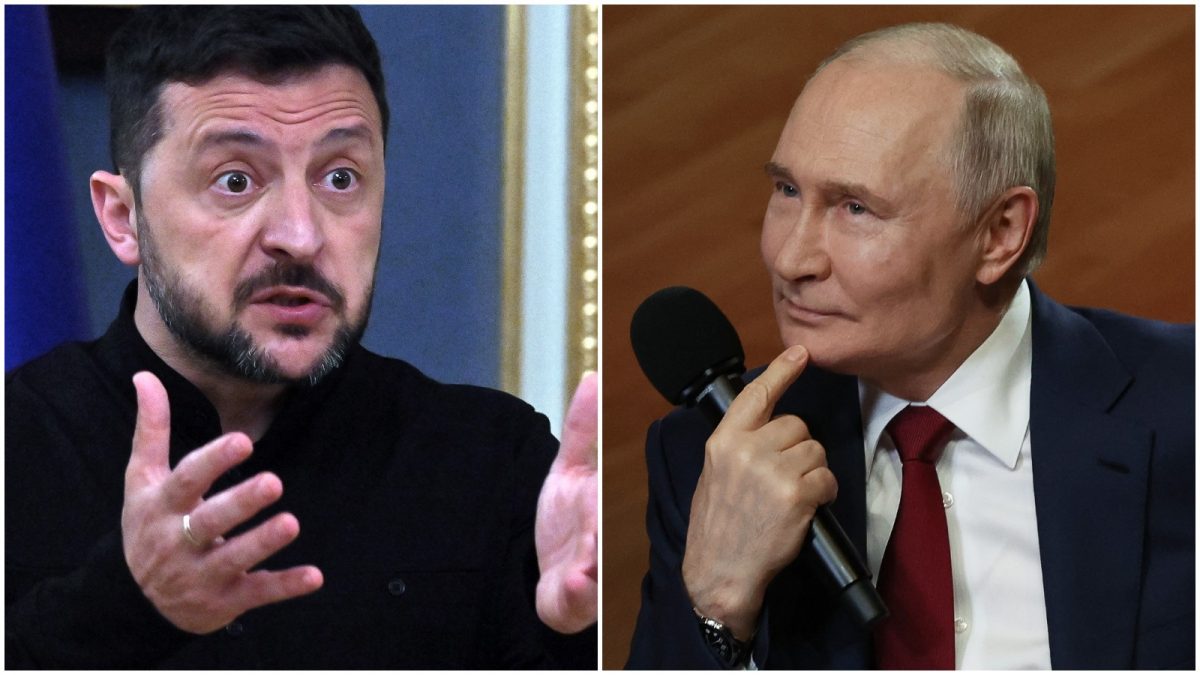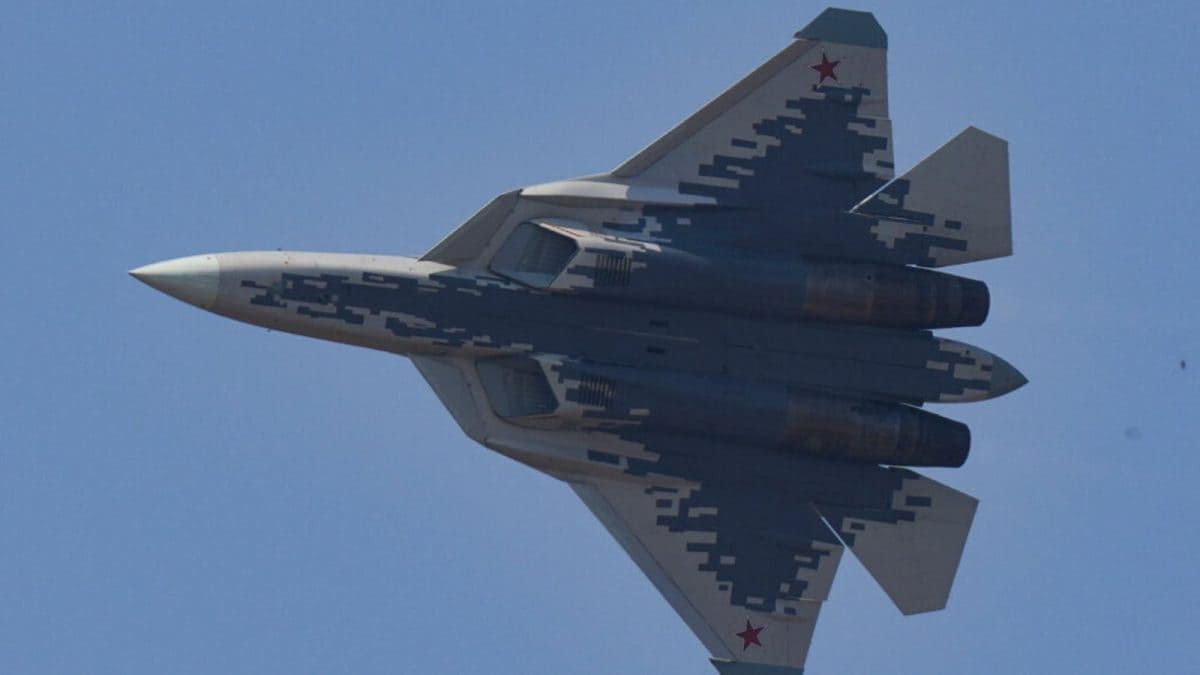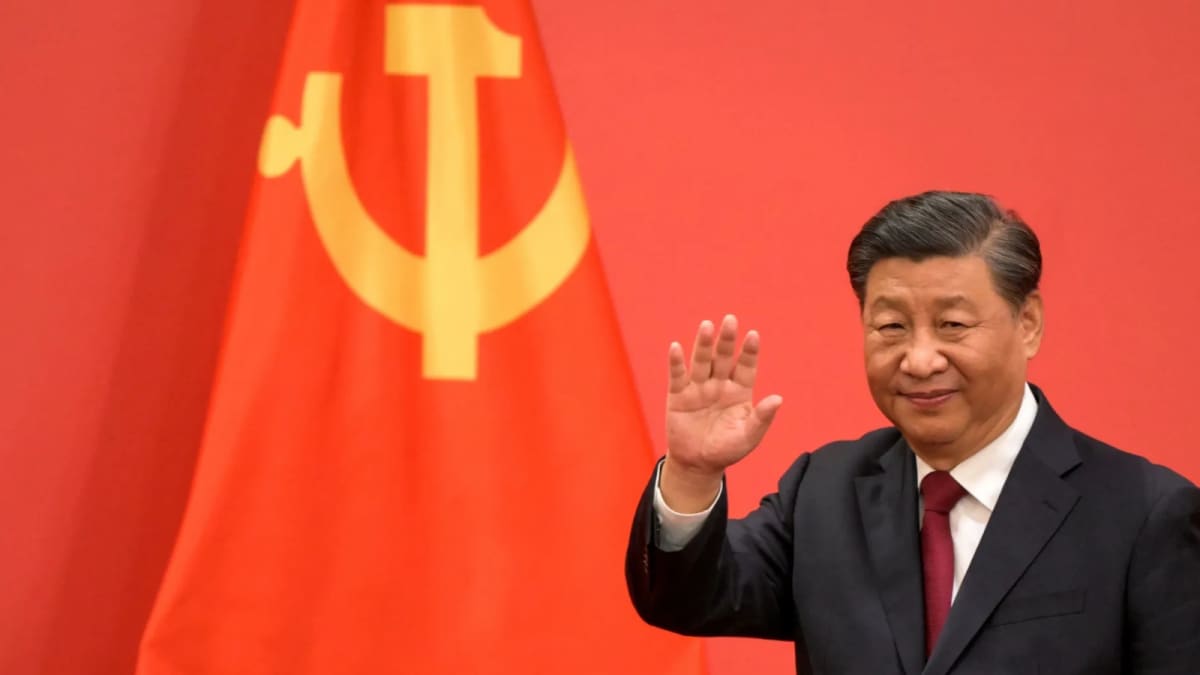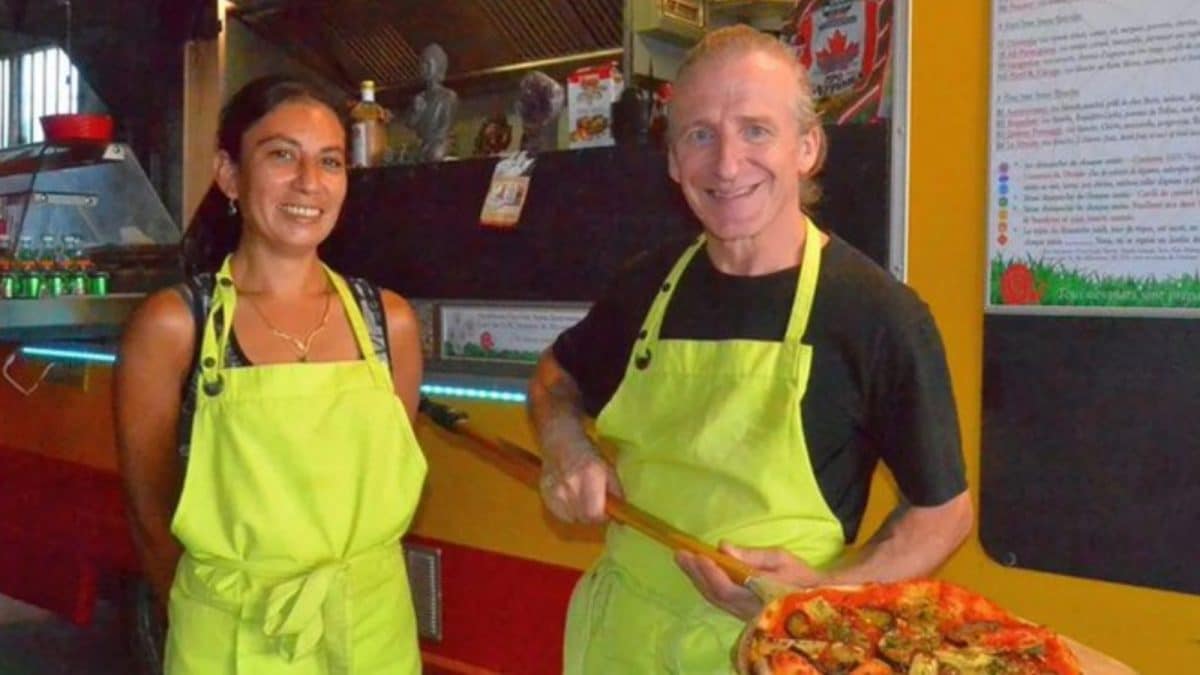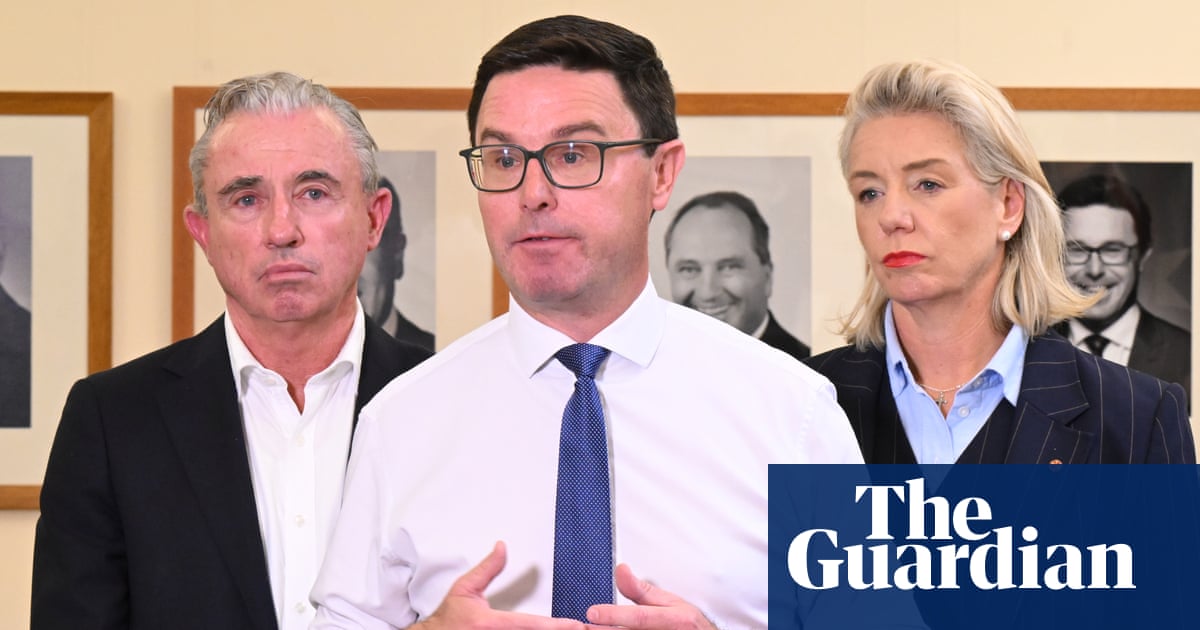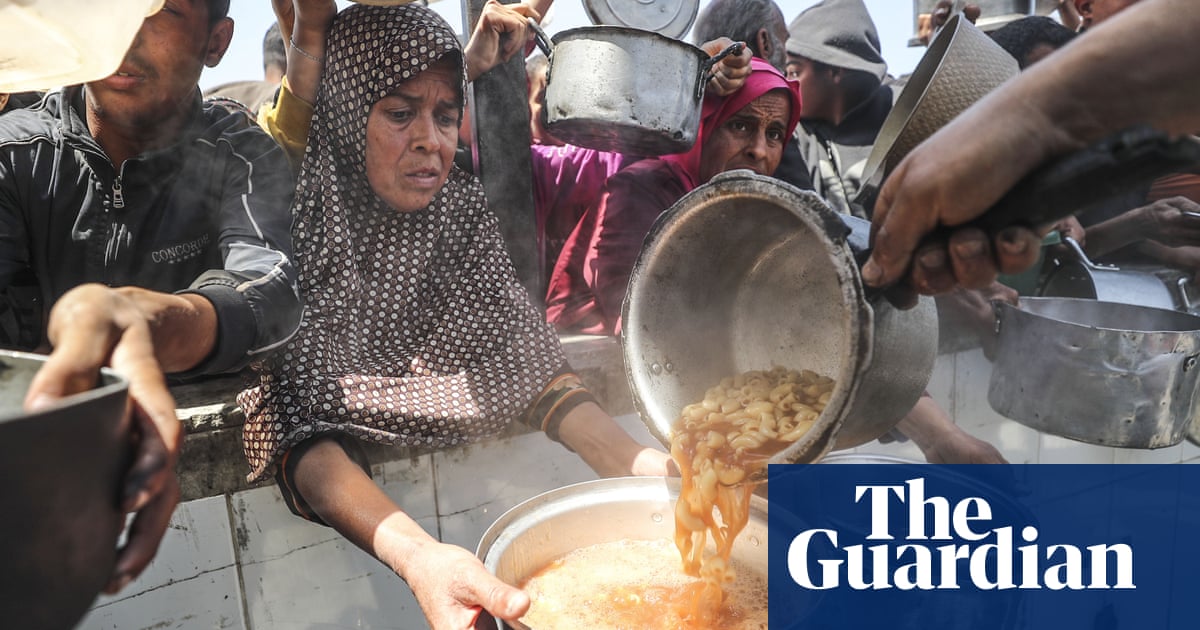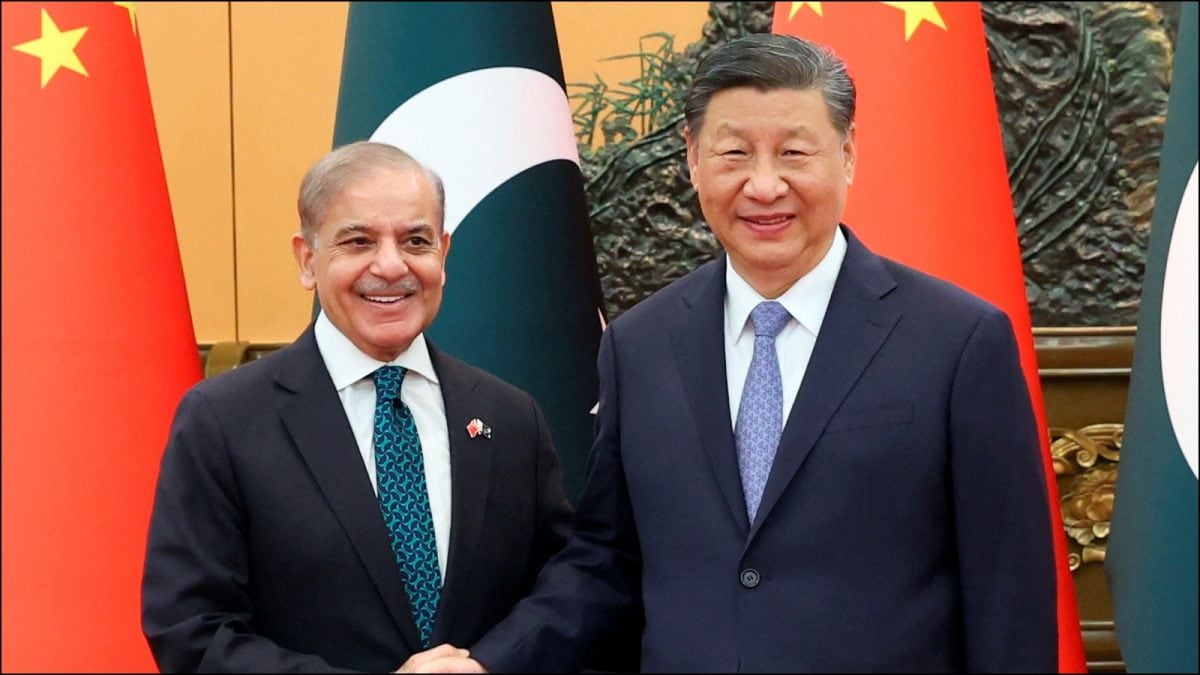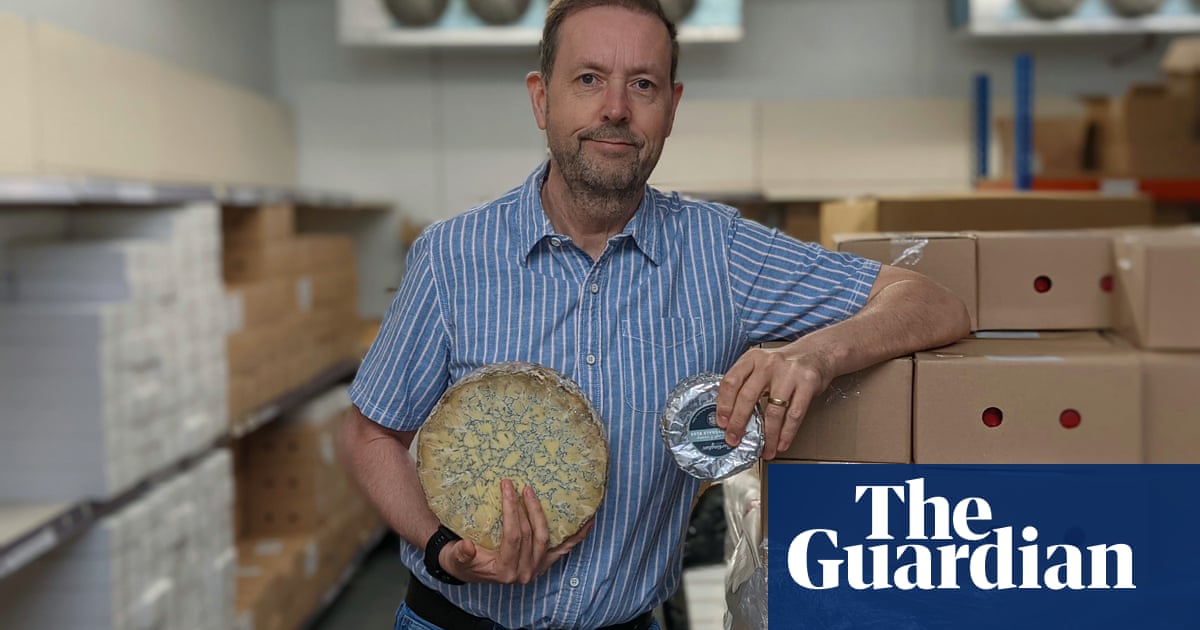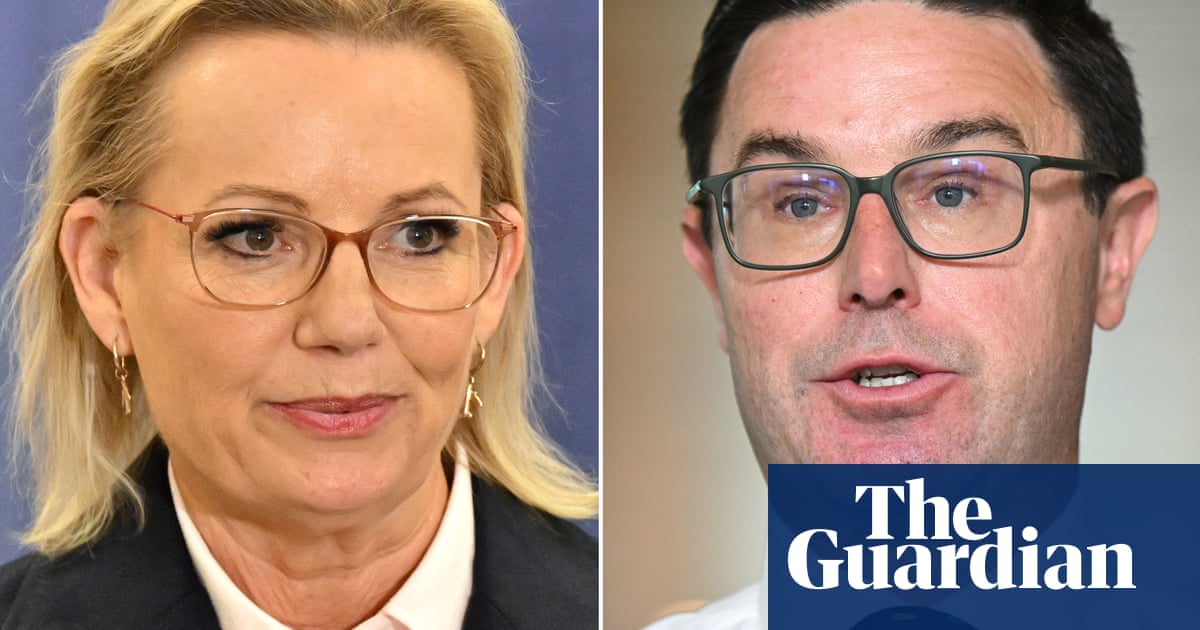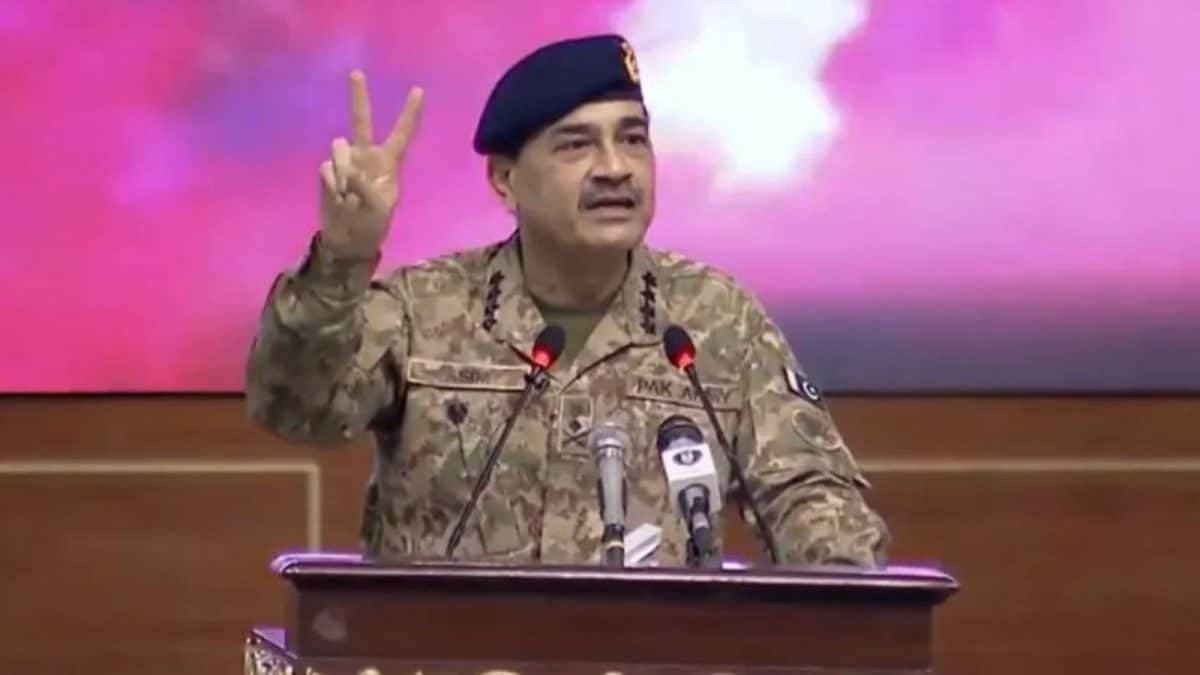RBA cuts cash rate by quarter of a percentage point to 3.85%

Jonathan Barrett
Economists view the decision as a sign Australia’s central bankers believe inflation is coming under control, and that there is no longer a need for a borrowing rate in excess of 4% to constrain households.
The reduction, marking the second rate cut this year, should swiftly flow through to lending rates, equating to an additional monthly saving of $114 for a $750,000 mortgage, according to Canstar.
Key events Show key events only Please turn on JavaScript to use this feature

Josh Taylor
Sydney commuters can expect significant delays on a number of train lines entering and leaving the Sydney CBD this afternoon due to a power supply issue at Strathfield station.
Transport NSW has advised people to plan for extra travel time or consider using Metro services between Epping, Chatswood and Central, or alternative bus routes.
The lines affected are T1, T2, T3 and T8, as well as lines to Newcastle via Strathfield.
Transport expects to hold a press conference on the matter at 4.30pm.
Sussan Ley: Debate between Liberals and s normal but a coalition would have to show a ‘united front’
The strong message coming from Sussan Ley’s responses to reporters’ questions in this press conference is that the Liberals felt there was a risk that cabinet solidarity would not be maintained across the Coalition – reading between the lines, that the s would advocate for different policies – and that was essentially a dealbreaker.
She says:
Cabinet solidarity is very important and unless I, as leader of the Liberals, could be sure about that, it was important that we didn’t take those next steps. And as I’ve said, I wasn’t assured of that with issues that may divide both members of their party room and members of our party room in the future.
So, it is not a new set of arrangements that fierce debates are had both within party rooms and within and around the shadow cabinet table and the cabinet table. Having participated in many myself over the years, I know this. But then you come out as a united front and you present a united agenda to the Australian people.
Sussan Ley remains a ‘committed coalitionist’ but insists all policies must be up for review
Ley says she is a “committed coalitionist” and believes the Coalition is stronger together:
I am disappointed, I do want the Coalition to come together, and obviously this means for the Liberal party that the shadow ministerial positions will be filled by Liberals. And I have much talent in my party room. But that, if you like, is secondary to the fact that we won’t be forming a coalition, but we want to and we remain open to it.

However, the s, she says, had “specific policies that they were determined to adhere”:
They’re entitled to do that, and I respect their own party room processes. I simply asked that they respect ours, which are that we aren’t going to land on those four policies, or any for that matter, right here, right now in the form that they were presented to us. We have to work through them carefully and take the time to get them right.
Sussan Ley says the Liberal party is the official opposition
Ley is explaining why the Coalition split, framing it as being “not about the individual policies themselves, but the approach that we said we would take to our party room about policies”.
We offered to work constructively with the s, and we asked for that respect in return, in good faith, I proposed that we stand up a joint shadow ministry consisting of Liberal party shadow ministers and party shadow ministers, and that we go forward in a united way, and that we then work separately on policies, as we should, in our separate party rooms and come together articulating what those policies are at the right time over the course of the next term. And the s did not agree to that approach.
The Liberal party also insisted that shadow cabinet solidarity be maintained in any coalition agreement, and that was unable to be resolved.
Ley is also essentially staking out a position of dominance in the split, articulating the Liberal party’s role as the “official opposition”, while also saying “on a constructive note” that the party will “work very closely with the s”.
As the largest non-government political party, the Liberals will form the official opposition. The Liberal party is the official opposition in the parliament. A new shadow ministry will be drawn from the Liberals in the upcoming days, and obviously I will be saying more about that at the time.
Liberal party will ‘modernise’ but door remains open to coalition with s: Sussan Ley
Sussan Ley says the Liberal Party must “respect modern Australia, reflect modern Australia and represent modern Australia”, as she seeks to assure Australians that the party is listening to the “clear message” sent to it at the election.
We will take the time to get this right. We’ll listen, we’ll step up, we’ll modernise and we will rebuild. And it is with that undertaking from my party room and with my conviction and determination to get it right with respect to policies that I had front and centre with my conversations with David [Littleproud]. And while I have enormous respect for David and his team, it is disappointing that the party has decided today to leave the Coalition.
But the most important thing I want to say is this: the s’ door remains open, and our door remains open, and we look forward with optimism to rejoining at some point in the future.
And as David and I left today, we agreed that he and I would continue to meet regularly and to talk because we have much in common. We both have a big job to do to take the fight up to Labor.
Opposition leader Sussan Ley is speaking now in the wake of the party splitting from its coalition with the Liberal Party.
RBA’s Bullock: Doesn’t expect Australian recession but ‘alert’ to the possibility
Governor Michele Bullock says the RBA is “on alert” for cataclysmic events on global financial markets, even though the financial markets have recovered since the US tariffs announcement. However, “the situation we’re in is not just uncertain, it’s actually unpredictable” Bullock says.
Asked if there was an increased risk of recession in Australia over the next two years, Bullock says that there is a scenario analysis for “a really bad outcome” in which a recession is possible. But she stresses:
That’s in the very extreme circumstance. And again, it was to try and give ourselves some sort of spectrum of outcomes that we might be looking at at the moment. We’re not looking at that, but we need to be alert.
Bullock: Australia’s main trading partners’ growth expected to slow
One of the biggest issues since the last meeting of the RBA board has been the “complete rollercoaster” of global economic and policy uncertainty after the US tariffs announcement, Bullock says.
Bullock says the effect of the tariffs on the global economy will depend on negotiations between the US and their trading partners.
She continues:
Our baseline forecasts that we released today for the global economy reflect the potential economic impacts of higher tariffs and impacts on consumption and investment of policy uncertainty. We see growth in our major trading partners slowing over the remainder of this year and next year.
In terms of the forecasts for the domestic economy, we see growth in demand picking up, but a little more slowly than previously. This sees inflation declining a little more than previously forecast, and the unemployment rate a little higher. Some of this reflects the downgrade to world growth. But some of it also reflects the effect of uncertainty on domestic demand.
If the trade outcomes are much worse for the global economy, though, we could be facing a much larger downturn in Australia, with implications for inflation and unemployment.
Michele Bullock: RBA forecasts inflation to fall to about 2.5% over the next year
Reserve Bank governor Michele Bullock says she recognises the recent period of high interest rates has been “challenging” for many, but it could have been worse.
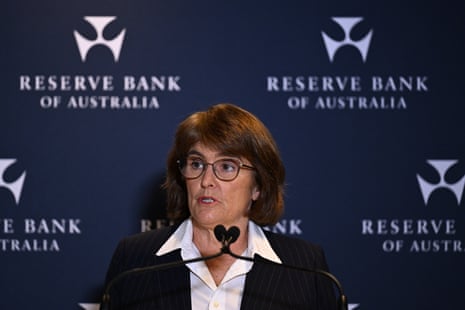
Bullock is speaking to the media about today’s cash rate cut. She says underlying inflation is now under 3% and the RBA’s forecast is to see it around 2.5% over the next year. The board’s strategy has been to bring inflation down while avoiding a sharp rise in unemployment.
This is consistent with our dual mandate of price stability and full employment. I know this period of relatively high interest rates has been, and continues to be challenging for many households and businesses, but it was essential we brought inflation down because inflation hurts everyone.
The strategy that we took to achieve this was different to that of some other central banks, who took rates much higher than we did. The board accepted the trade off that, leaving the cash rate where it was would bring inflation down more gradually, but without a big increase in unemployment. A sharp rise in unemployment would have been very costly for families and for the Australian economy.
Sussan Ley says the Liberal party’s door ‘remains open’ after Coalition split

Tom McIlroy
Opposition leader Sussan Ley says the s blew up the Coalition in part because it wanted its frontbenchers to be allowed to speak out against opposition policy.
In her first statement after the shock announcement that the two parties would split, Ley confirmed the s wanted frontbenchers be allowed to cross the floor in parliament and vote against Coalition policy.
Ley issued a joint statement with her deputy, Ted O’Brien, and the Liberal senate leadership:
Whilst we have enormous respect for David Littleproud and his team, it is disappointing that the party has taken the decision to leave the Coalition today.
As Liberals, we respect their decision and commit to continue working collaboratively with them.
The Liberal party’s door remains open to the s’ should they wish to rejoin the Coalition before the next election. The coalition agreement has conventionally been focused on the makeup of our executive anchored in our principled commitment to our shared values.
The s’ sought commitments on specific policies. As was explained to The s, the Liberal Party’s review of election policies was not an indication that any one of them would be abandoned, nor that every single one would be adopted.
We offered to work constructively with the s, respecting the party’s deeply held views on these issues.
We asked The Party to work constructively with us, respecting our internal processes. In good faith, the Liberals proposed appointing a joint Coalition shadow ministry now, with separate policy development in each party room and subsequent joint policy positions determined in the usual way.
Unfortunately, the s determined this was not possible. The Liberal party also insisted that shadow cabinet solidarity be maintained in any coalition agreement. This was not explicitly agreed to by the s. As the largest non-government political party, the Liberal party is the official opposition.
Ley confirmed a new shadow ministry, drawn exclusively from the Liberals, will be announced in coming days.

 5 hours ago
5 hours ago
